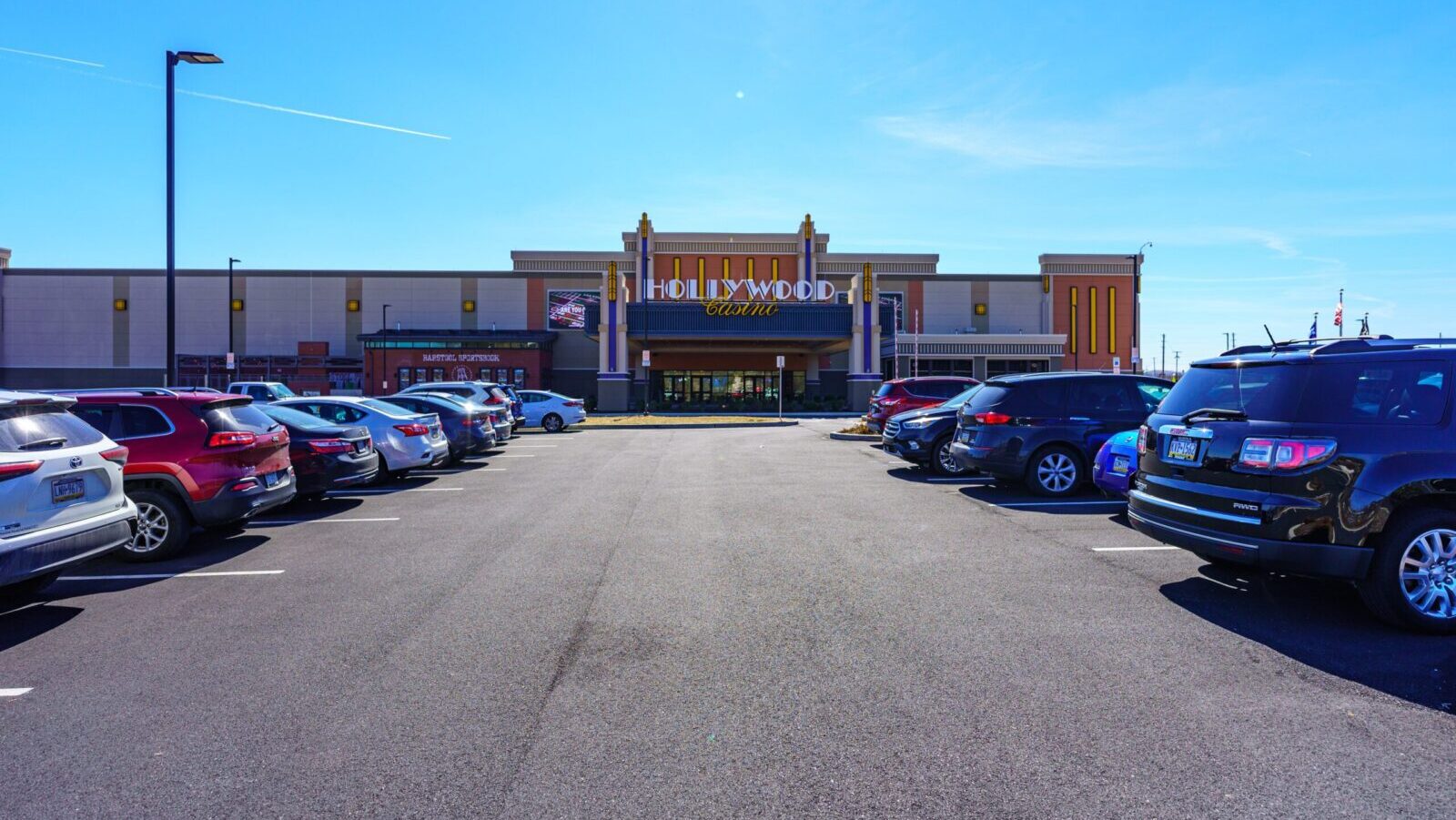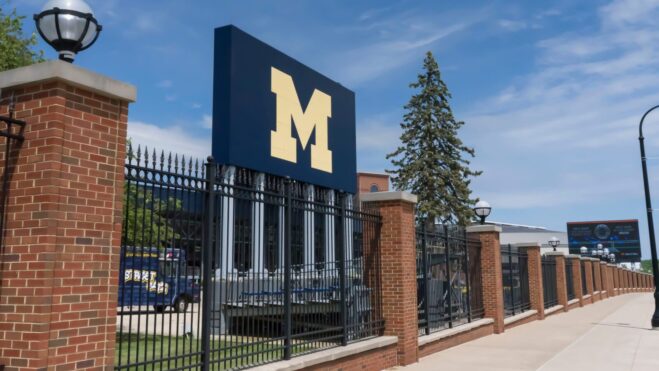Caesars Entertainment Points To 83% Growth In Online Gaming Amid Slight Overall Revenue Decline
Business model shifting, executives express optimism for 2025
3 min

Caesars Entertainment executives struck an optimistic tone on this week’s earnings call, noting substantial growth in both their digital and gaming divisions. Despite a less favorable October, the company sees potential for continued progress in 2025 and expects that its digital arm, particularly in online gaming and sports betting, will drive sustained revenue growth.
CEO Tom Reeg highlighted strong performances in the third quarter, pointing to 40% topline growth overall and 83% growth in the iGaming segment. Reeg remarked on the competitive edge Caesars has demonstrated over its peers, stating that the online operations have outpaced industry growth by nearly double in recent quarters and is approaching a pace close to triple that of Caesars’ competitors.
This growth has occurred even before the broader launch of the Horseshoe Online Casino brand, which has shown positive results in Michigan, where customers of Wynn Resorts’ former digital platform successfully migrated to Caesars’ new platform. This brand expansion, including a recent rollout in Pennsylvania, is expected to bolster Caesars’ share in the iGaming sector even further.
Despite a challenging October on the sports betting front, with a lower than expected hold due to NFL favorites doing well, Reeg remains confident about the company’s digital division. He noted that the division is on track to significantly exceed previous revenue projections, which targeted $500 million.
Revenue misses mark
Caesars reported total third-quarter revenue of $2.9 billion, slightly below the $3 billion generated in the same period last year. Adjusted EBITDA for same-store operations came in at $1 billion, a marginal decrease from the previous year’s $1.04 billion.
The company reported a net loss of $9 million, down from a $74 million profit in the prior year. These financial results reflect some volatility in Caesars’ operations, particularly in Las Vegas, where record hotel, food and beverage, and banquet revenues were achieved despite broader challenges in the regional gaming segment.
Challenges such as increased competition, construction disruptions, and a tough comparison with the previous year’s third quarter affected the segment’s performance. Reeg, however, expressed optimism about the broader Las Vegas market, noting that these setbacks are likely short-term and that the demand for hotel rooms and amenities continues to grow.
Looking ahead, Caesars’ management expressed confidence that the combination of its online expansion, targeted asset divestitures, and strong Las Vegas presence will support sustained growth. The upcoming Formula 1 race, while expected to generate slightly less revenue than initially projected, is anticipated to boost visibility and activity on the Strip.
Land-based sales on the table
Beyond its online ambitions, Caesars has pursued strategic divestitures to streamline its portfolio and reduce debt. The company recently announced the sale of the Linq Promenade on the Las Vegas Strip for $275 million, to a joint venture involving TPG Real Estate and Acadia Realty Trust’s Investment Management Platform.
This transaction aligns with Caesars’ debt reduction strategy, freeing up capital to reinvest in core areas. The Linq Promenade sale is expected to be finalized by the fourth quarter of 2024 and, according to Reeg, exemplifies an “accretive, non-core asset sale” that will help expedite debt reduction.
Caesars has previously considered selling certain assets on the Strip, particularly after the pandemic when asset values were under pressure. However, recent high interest rates have made such sales less appealing.
Reeg noted a recent uptick in inquiries from potential buyers following the Federal Reserve’s decision to lower rates, but he clarified that there are currently no active casino asset sale processes. He left open the possibility of future transactions if they present a beneficial economic case for Caesars, emphasizing that the company remains open to opportunities but is not currently pursuing any.
WSOP sale complete
In addition to the Linq Promenade sale, Caesars completed the $500 million sale of its World Series of Poker intellectual property to NSUS Group Inc. This transaction, which includes $250 million in cash and a $250 million promissory note, provides Caesars with immediate capital while enabling it to retain a licensing agreement for WSOP branding and certain operational rights.
Caesars will continue to host the prestigious WSOP live tournament series at its Las Vegas properties for the next two decades, and NSUS will allow Caesars to operate WSOP Online in states like Nevada, New Jersey, Michigan, and Pennsylvania.
Reeg noted that, along with significant financial benefits, the transaction aligns well with Caesars’ shift toward focusing on its core assets and further expands NSUS’s poker brand presence. Following the transaction, key WSOP executives are expected to transition to the NSUS Group, with Ty Stewart assuming the role of CEO in the newly formed WSOP subsidiary.
This move will see Caesars retain its connection to WSOP through the branded tournaments and poker rooms but free up additional resources and personnel to focus on its broader digital and gaming portfolio.





